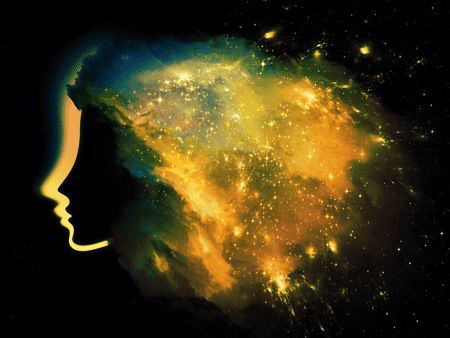Why Do People Use Drugs? The Relationship Between Emotions and Addiction, pt. 1
Why Do People Use Drugs?
Emotions, pt. I: Overview
by Thaddeus Camlin, Psy.D.
 Whether we want to admit it or not emotions run our lives. Reason and rationality can help us put on the breaks and make alternative choices, but emotions are the primary motivation for all we think and do. Emotions are the simple answer to the question, ‘why do people use drugs?’ Emotions are the simple answer to why anyone does anything. Because emotions are the primary motivators in our lives, it is important to understand their function and improve our ability to manage them.
Whether we want to admit it or not emotions run our lives. Reason and rationality can help us put on the breaks and make alternative choices, but emotions are the primary motivation for all we think and do. Emotions are the simple answer to the question, ‘why do people use drugs?’ Emotions are the simple answer to why anyone does anything. Because emotions are the primary motivators in our lives, it is important to understand their function and improve our ability to manage them.
Emotions made a strong comeback over the past 1/2-century. Resurrected from the jaws of death in the Victorian era (when emotions were viewed as evolutionarily degenerate), the past five decades of scientific research highlighted the function and value of emotions in modern human life. I often hear people in the midst of struggle wish aloud that they felt no emotions because it would be “so much easier.” But what would life without emotion actually be like?
Life without emotion would be dull, drab, insipid, and uninspired. An emotionless life might be akin to saying your dream car is a honda civic or that your dream job is data entry. While reason provides the framework for truth, emotion provides the color of life. The nature of reason aspires to be objective. The nature of emotion is relative. The relative nature of emotion was perhaps never more poetically captured than by Khalil Gibran when he wrote, “the deeper that sorrow carves into your being, the more joy you can contain.”
Not only do emotions color life with richness and meaning, emotions prime us for action. For example, fear produces adrenaline, which is useful if we need to run. In addition to priming us for action, emotions communicate to and influence others, they motivate us, and they validate our own experience. Current research into the biochemical nature of emotions is challenging previously held beliefs in incredible ways.
Peptides and their receptors are generally thought to form the biochemical base of our emotional experience. Emotion, or the peptide-receptor rich lining of the limbic system known as the seat of emotion, acts as a reducing valve that filters the relentless, overwhelming onslaught of sensory input from the outside world. Thus, emotions are constantly regulating what we experience as reality, and that reality is filtered through a storehouse of past experience.
The good news is that the sensitivity and arrangement of the peptide-receptor limbic lining changes and grows with new experience. For example, visualization and meditation can increase blood flow, and thus oxygen and nutrients that cleanse toxins and nourish cells. Cleansing toxins and nourishing cells changes the peptide-receptor limbic lining in ways that facilitate both physical and emotional healing. The latest scientific research then suggests that we have the power to promote our own healing and change our experience of reality by making a concerted, patient, and persistent effort to shift the general aim of our attention and focus of our conscious awareness. But despite such compelling research, when it comes to emotions the scientific community is far from consensus.
This article is the first in a six-part series on emotions. The series will present information based on a leading but still controversial theory that proposes five core emotions – anger, happiness, fear, sadness, and disgust. Understanding substance use as an adaptive effort to cope with or enhance our core emotional experiences will be an overarching theme of the series. Each proposed core emotion will receive a devoted installment in the series that focuses on how each emotion is a reason people use drugs.
A caveat to this series must be included as well. The task of writing thoughts about emotions is something like hammering a nail with a pillow. Pale reason and vapid intellect are not the proper tools for the job of conveying the raw beauty and pure power of emotion in defining the human experience but alas, we must make do with the tools at hand.
Liked this article? You might also be interested in part 2, Why Do People Use Drugs? The Link Between Anger and Addiction.
